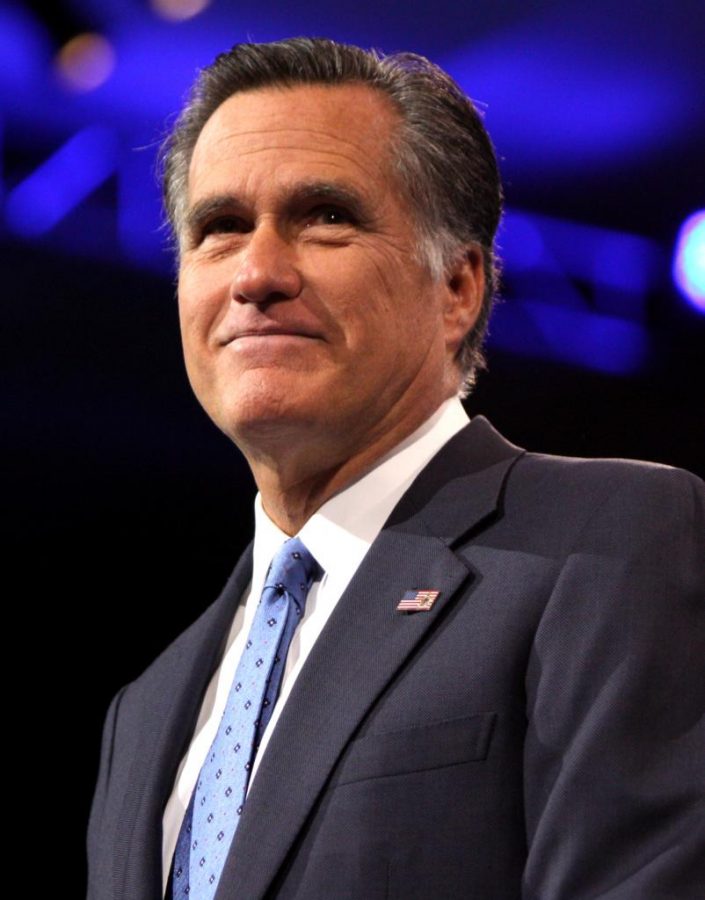In a recent Washington Examiner profile that got attention for all the wrong reasons, Mitt Romney randomly announced: “My favorite meat is a hot dog, by the way. That is my favorite meat.” The awkward comment quickly became a meme, but in many ways, it felt emblematic of Romney’s endless quest for authenticity. For much of his political career, Romney has struggled to seem relatable — his $200 million net worth, chameleon-like political positions and almost freakish sense of composure is admittedly hard to grab on to. Whenever Romney tries to counteract this image, the results feel forced; like a Frankenstein of too many focus groups. As ridiculous as the hot dog comment is, it does recall a more relevant history of Romney’s failure to understand the people he so desperately wants to represent.
While running for President in 2012, Romney claimed that the 47 percent of the country that did not pay income taxes were entitled and unable to take responsibility for their own lives. It was an offhand comment that was never meant to leave the extravagant home of a donor in Boca Raton, but it became election defining. A wealthy man, in a room full of other wealthy men, questioned the work ethic and intelligence of millions of poor Americans. It confirmed every image of Romney as cold, out-of-touch and elite. It made his credibility as a representative for all Americans harder to stomach. Most importantly, it made his own economic policy proposals seem brazenly hypocritical. Romney, who was reluctant to release his tax returns, paid a 14.1 percent income tax rate in 2011. This rate was both perfectly legal and higher than the rate paid by the demonized 47 percent, but it was hard to believe that Romney, who avoided paying millions in taxes through charitable deductibles and off-shore investments, was in any position to lecture on what a proper contribution entailed.
Unfortunately, the gap between Republican leadership and Republican voters has only widened since Romney’s loss in 2012. President Trump’s populist campaign rhetoric was appealing to white working-class voters, even though Trump is the affluent son of a real estate developer. Trump’s ability to convince blue-collar workers he is on their side is one of his most successful and alarming cons. His administration has consistently ignored the issues that affect his base, consistently caters to corporate interests and favored regressive policies on everything from health care and tax reform to drug policy.
Of course, both parties tend to elect politicians with significant wealth, and both parties are too reliant on the interests of big donors, but only one party supported a tax bill that disproportionately benefits the top 1 percent. Only one party has consistently touted dubious trickle-down theories as economic inequality widens dramatically. In short, one party continues to advocate for the most privileged, while rejecting the needs of people in desperate need of real solutions.
While Americans seem to be more dissatisfied with the government than ever, there is no clear path to change the status quo. Romney is all but guaranteed to win the Senate race this November, and conservative politicians will continue to receive support from voters across the economic spectrum. Still, it is imperative that both Romney and the Republican Party seriously address the contradictions in their current platforms. The GOP has found temporary success by catering to the forgotten hopes of “real Americans,” but to stamp out elitism and truly represent these people, every politician will need to look deeper than what is on their grill.
j.petersen@ustudentmedia.com


